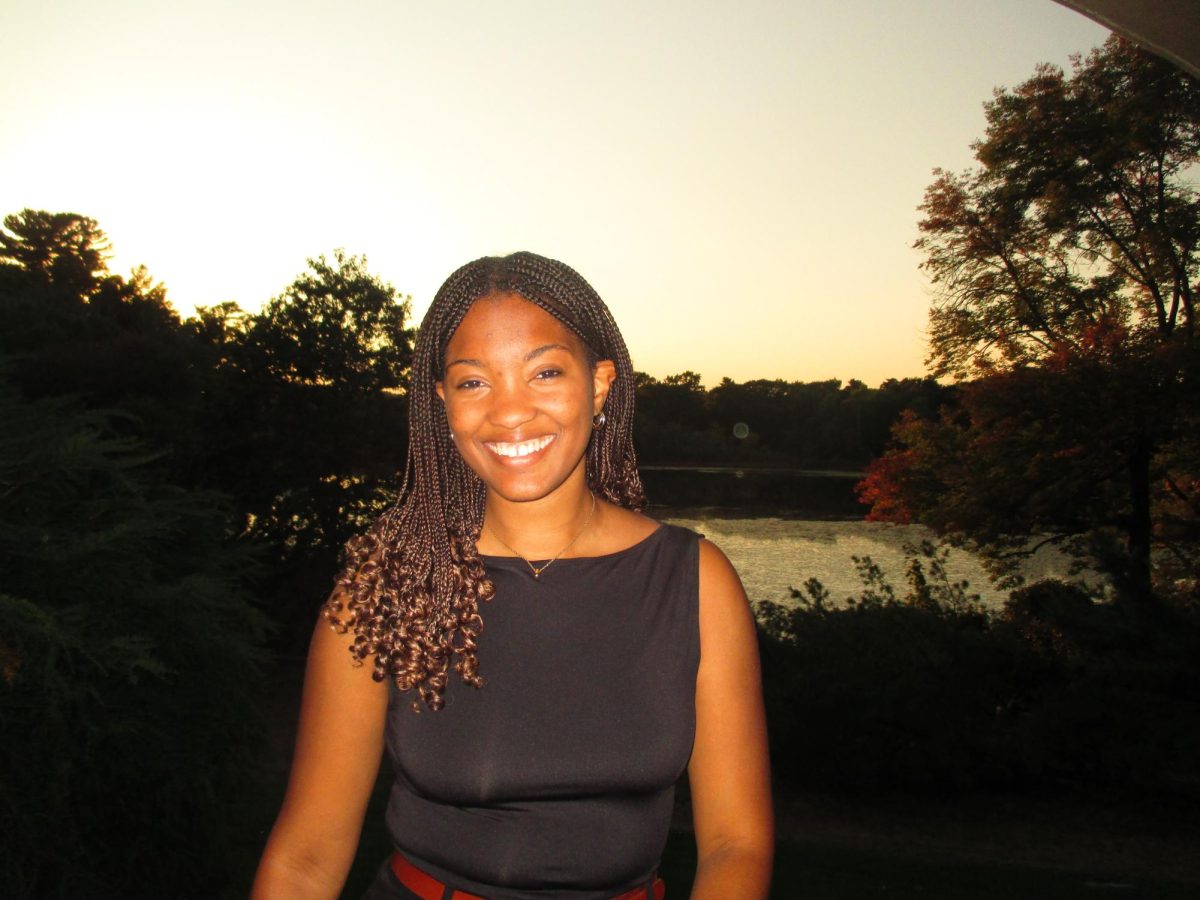From Sunday, April 8 through Tuesday, April 10, about 500 prospective students swarmed Wellesley’s campus, and we as current students were faced with the question of how best to represent our school to these young and bright new faces on campus.
On various Facebook pages, current students posted messages and memes making fun of or critiquing things about Wellesley: the stress culture, the lack of social life on campus and the school’s isolation, among others. Then other students shot back, arguing that we should — both in person and online — represent our school in the best light possible, instead of talking about its worse aspects. How dare we scare off potential future students with our complaints, they asked, and were immediately answered: if we’re paying $70,000 a year to go here, the reasoning went, we should be allowed to complain about our school’s failures, prospies or no prospies.
When my roommate and I prepared to host our first-ever prospective student in our room this past Sunday, we frantically cleaned all our clothes, classwork and trash off our messy floor to make room for her sleeping bag. But we were honest about our mess when she entered our small dorm room: “This isn’t what the room normally looks like, just so you know!” we said, and she laughed.
I believe that this same philosophy should be applied to how we talk to our prospies on campus, too. We should try to make their experience here a good one, both out of school spirit and out of human kindness, but when they ask about the bad things about Wellesley, we should also answer them honestly. When my prospective student asked about stress culture, I told her it was a real issue. I tried, however, not to make that stress culture too visible through my own actions while she was on campus. I cleaned up just like I clean up my room normally, trying, for the two days in which I was a host, not to appear too visibly anxious or stressed about the midterms I have coming up.
But prospies are people, too and they are pretty intelligent and perceptive. Any college is going to have its downsides, and they come to Spring Open Campus both to find out the good things about Wellesley (The food! The community! The campus!), and to know what they’ll be up against in terms of challenges. College is hard, and Wellesley is no exception. In opening up our campus, though we might clean our collective room a bit, it would be unethical for us not to tell prospective students that this isn’t how it always is.
So tell your prospective students about the worst parts of your Wellesley experience. Tell them about the classes you hated, the aspects of the culture you feel are damaging, the times when your voice was not heard on this campus. It is not just our right, but our obligation as hosts and advisors to tell them about our all-nighters and the dark, cold climate and our clashes with administration. But it is also our obligation to clean up: to show them our favorite spots on this inarguably beautiful campus, to introduce them to the amazing friends we’ve found here and to remember the wonderful moments that have created joy here. We must make a point of sharing the brighter moments, too.
I never attended Spring Open Campus like many of the students here did. I don’t know if attending would have changed my decision to attend Wellesley or not. I believe, however, that had I attended, and had I been told the full and unvarnished truth about this school by a sympathetic host, I might have known more about what I was getting into. Instead, I showed up on the first day of orientation this year hardly having set foot on this campus before, confused and alone. The point of Spring Open Campus is not to present a falsely wonderful version of this school to potential future Wellesley students, it is to make them feel less confused and less alone. Spring Open Campus is not about curating a fake and beautiful version of Wellesley, it is about showing prospective students the whole story. And that means the beautiful things about this place, yes, but it also means being candid about the less beautiful aspects of the Wellesley experience.



